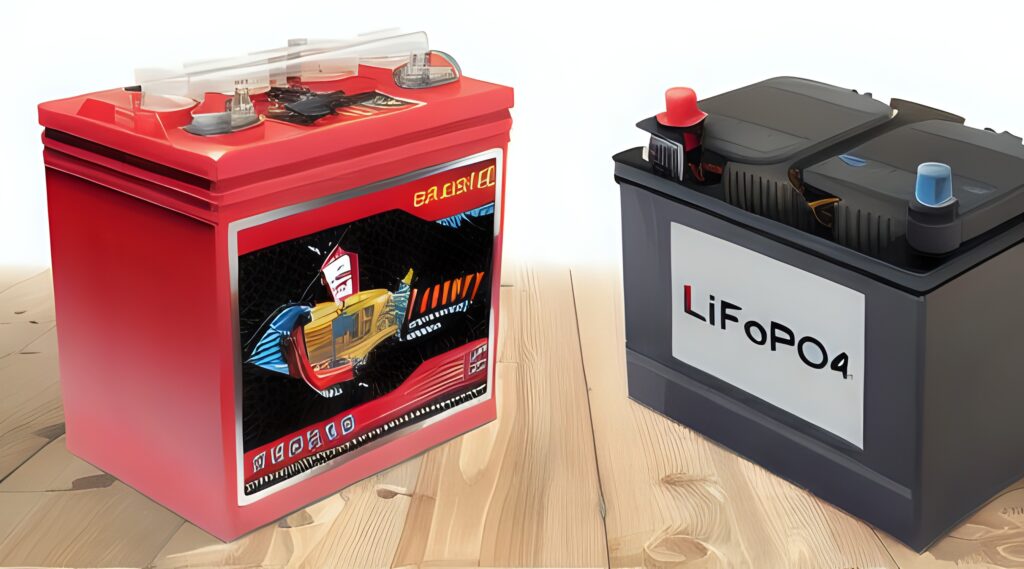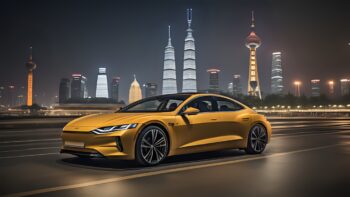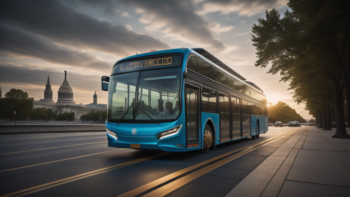
Electric Golf Cart Battery Manufacturers
Listing Category by product
Electric Golf Cart Battery Manufacturers: Powering sustainable rides
Electric golf cart battery manufacturers are pivotal in crafting durable, high-performance batteries tailored for quiet, eco-friendly rides. By focusing on energy efficiency, sustainability, and innovation, these companies contribute to a greener golfing experience across courses, resorts, and recreational facilities.
Key features of Electric Golf Cart Batteries
- Deep-cycle design
Designed for repeated discharge and recharge cycles, these batteries ensure long-lasting performance ideal for frequent golf course use. - Battery types: Lead-acid vs. Lithium-ion
- Lead-acid: Cost-effective and reliable, suitable for many standard applications.
- Lithium-ion: Lightweight, longer-lasting, and energy-efficient, preferred for premium golf carts.
- Voltage and capacity
Options like 36V, 48V, and 72V systems with capacities from 100Ah to 400Ah cater to various cart models and energy needs. - Low maintenance options
- Lead-acid batteries need regular watering and inspections.
- Lithium-ion batteries are virtually maintenance-free and resist degradation.
- Eco-friendly benefits
Zero emissions during use reduce environmental impact compared to gas-powered alternatives. Proper recycling at the end of battery life is crucial for sustainability. - Charging solutions
Compatible with onboard chargers or dedicated stations, these batteries recharge in a few hours, depending on capacity and charger type. - Cost and value
- Lead-acid batteries are budget-friendly upfront.
- Lithium-ion batteries offer a lower total cost of ownership due to longer lifespan and efficiency.
Future trends in Electric Golf Cart Batteries
Innovations like solid-state batteries, faster charging technologies, and advanced battery management systems are set to enhance performance and sustainability. These advancements promise lighter, more efficient, and eco-friendly solutions for golf carts worldwide.
Electric golf cart batteries are essential for enabling sustainable, quiet transportation on golf courses and recreational venues. With continued advancements, they are shaping the future of eco-friendly golfing experiences.







